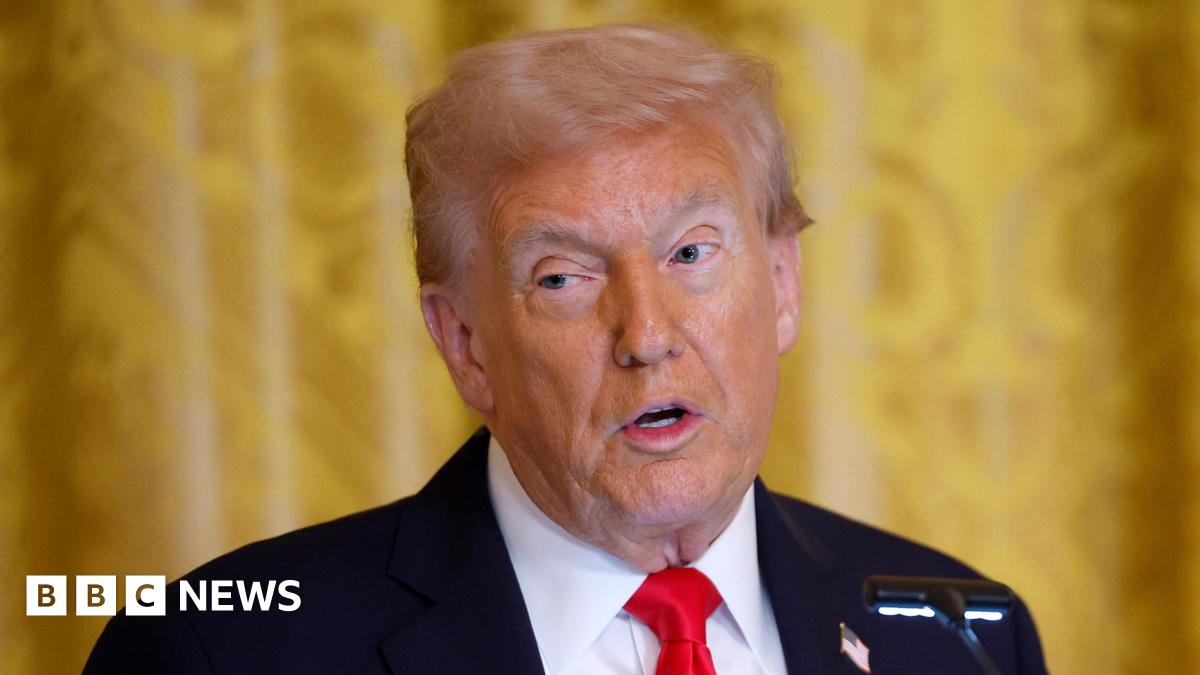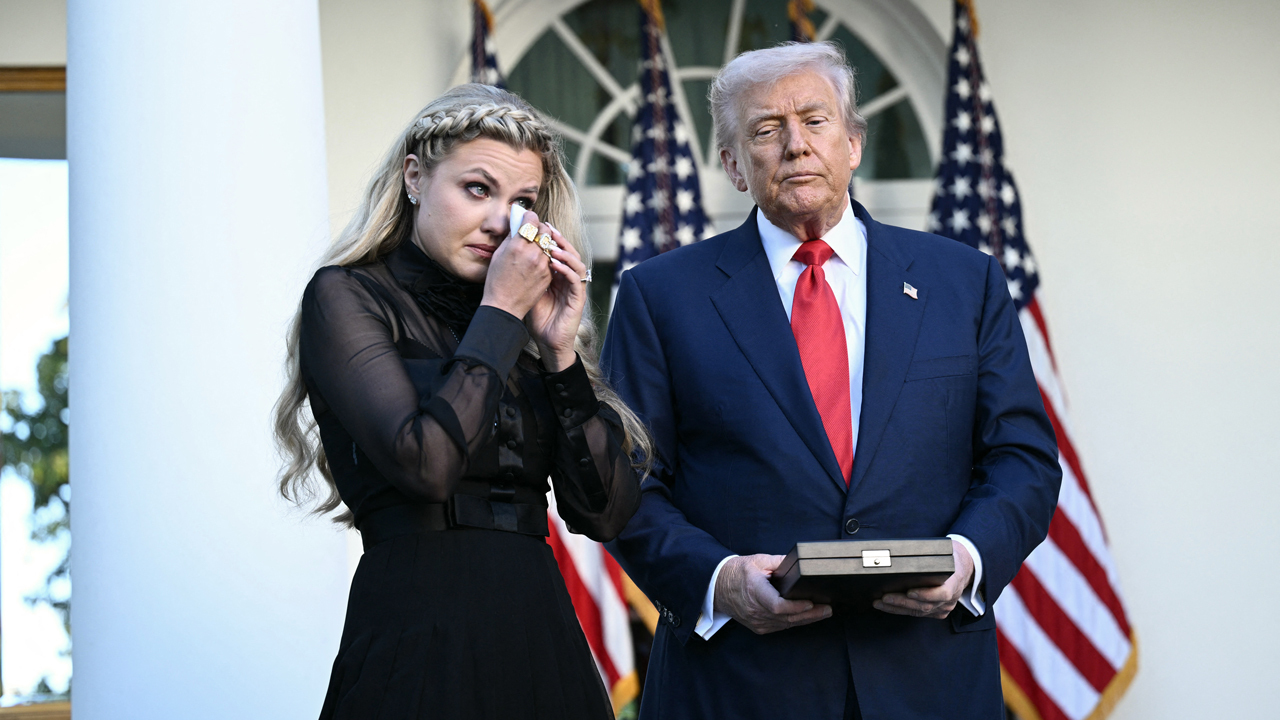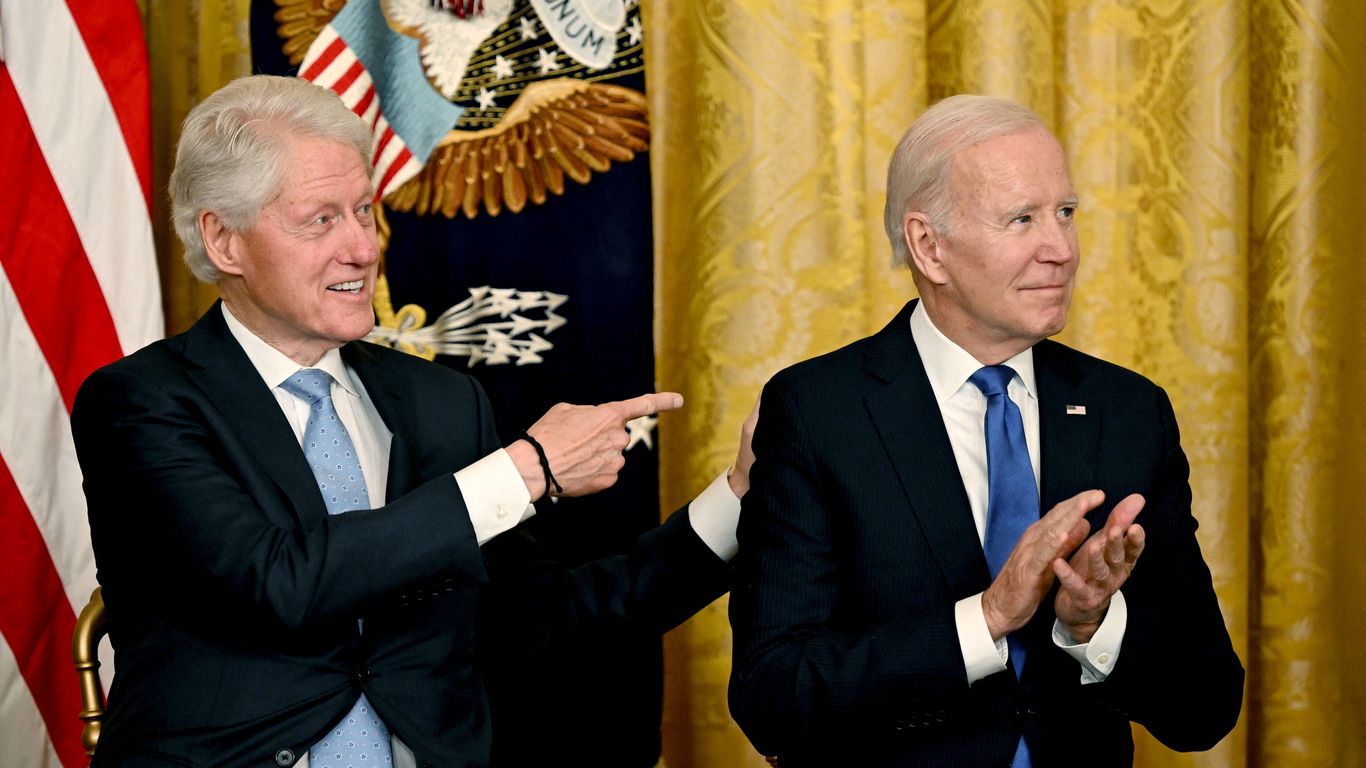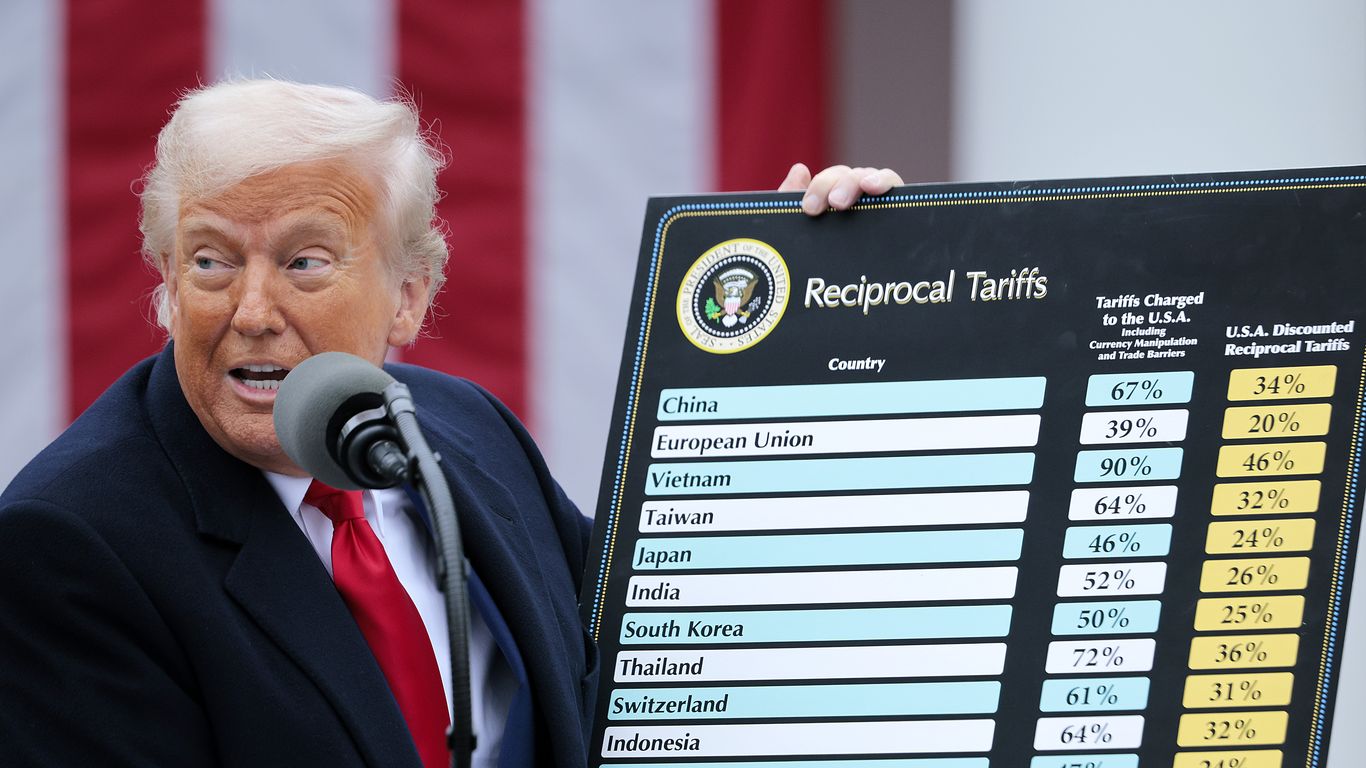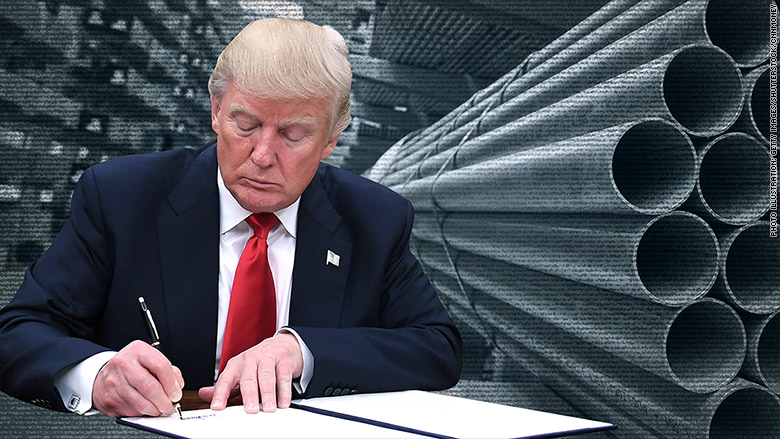Trump Cancels Trade Talks Over Controversial Canadian Ad

Trump Cancels Trade Talks Over Controversial Canadian Ad
President Trump announced the cancellation of ongoing trade negotiations with Canada, citing the use of a contentious advertisement by Canadian officials. The ad in question featured audio from a 1987 radio address by former President Ronald Reagan, criticizing tariffs as harmful to American businesses. Trump accused Canada of “fraudulently using” the clip to push an anti-tariff message, escalating tensions between the two nations.
The Historical Context Behind the Dispute
The Reagan-era audio was originally meant to underscore the economic risks of tariffs, a topic still highly relevant amid current trade discussions. Canada’s use of this historical reference was seen by some as a strategic move to appeal to American public opinion. However, Trump viewed it as a misrepresentation and a breach of diplomatic etiquette, leading to his decision to halt negotiations abruptly.
Potential Consequences for US-Canada Trade Relations
This development risks prolonging uncertainty around tariffs affecting key industries on both sides of the border. Analysts warn that cancelling talks over such disputes could hinder progress on trade agreements designed to benefit North American markets and consumers alike.
About the People Mentioned
Donald Trump
Donald John Trump, born June 14, 1946, in Queens, New York, is an American businessman, media personality, and politician. He graduated from the University of Pennsylvania’s Wharton School in 1968 with a degree in economics. In 1971, he took over his family’s real estate business, renaming it the Trump Organization, through which he expanded into building and managing skyscrapers, hotels, casinos, and golf courses. Trump gained widespread fame as the host of the reality TV show *The Apprentice* from 2004 to 2015, which helped establish his public persona as a successful entrepreneur. Trump entered politics as a Republican and was elected the 45th president of the United States, serving from 2017 to 2021. His presidency was marked by significant policy actions including tax cuts, deregulation, the appointment of three Supreme Court justices, renegotiation of trade agreements (notably replacing NAFTA with the USMCA), and a focus on immigration control including border wall expansion. He withdrew the U.S. from international agreements such as the Paris Climate Accord and the Iran nuclear deal, and engaged in a trade war with China. His administration’s response to the COVID-19 pandemic was criticized for downplaying the virus’s severity. Trump was impeached twice by the House of Representatives—first in 2019 for abuse of power and obstruction, and again in 2021 for incitement of insurrection—but was acquitted by the Senate both times. After losing the 2020 election to Joe Biden, Trump challenged the results, culminating in the January 6, 2021, Capitol riot. He remains a central figure in American politics, having won the 2024 presidential election and returned as the 47th president in 2025, continuing to promote policies aimed at economic growth, border security, and military strength[1][2][3][4].
Ronald Reagan
Ronald Wilson Reagan (February 6, 1911 – June 5, 2004) was an American actor and politician who served as the 40th President of the United States from 1981 to 1989. Before his presidency, Reagan had a successful career in Hollywood, appearing in over 50 films and serving twice as president of the Screen Actors Guild, where he combated Communist influence. He transitioned into politics as a conservative Republican, serving as the 33rd Governor of California from 1967 to 1975. During his governorship, he balanced the state budget, raised taxes, and took a firm stance against protests, including deploying the National Guard during unrest at the University of California[1][4][6]. Reagan ran unsuccessfully for the Republican presidential nomination in 1968 and 1976 before winning it in 1980. He defeated incumbent President Jimmy Carter amid economic difficulties and foreign policy challenges. His presidency was marked by supply-side economic policies, known as "Reaganomics," which aimed to reduce taxes, decrease government regulation, and increase defense spending. Internationally, Reagan pursued a policy of “peace through strength,” significantly boosting the U.S. military while engaging in arms control negotiations with the Soviet Union, helping to ease Cold War tensions. His leadership is widely credited with contributing to the eventual end of Soviet communism. He was reelected in 1984 in a historic landslide victory, winning 49 states[2][3][4]. Reagan left office in 1989 with strong approval ratings and is remembered for restoring American confidence and optimism during a period of national malaise. After his presidency, he was diagnosed with Alzheimer’s disease and passed away in 2004 in Los Angeles. His legacy remains influential in American politics, symbolizing conservative values and a robust foreign policy stance during the late 20th century[2][4][6].

